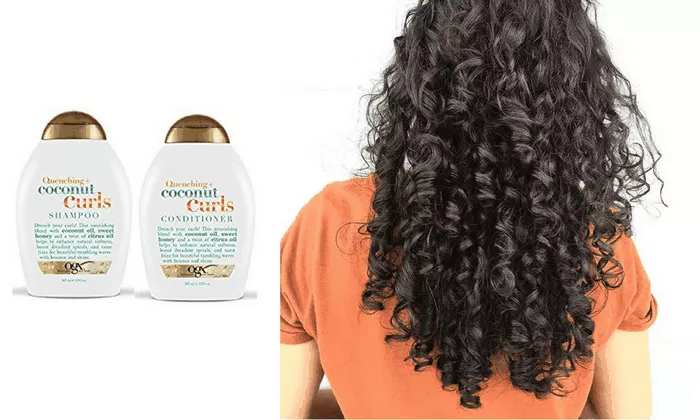New research findings have brought to light the substantial societal pressures faced by Black and mixed heritage women aged 45 and above regarding their hair. These women are reportedly 24 times more likely to conform to these pressures in comparison to their younger counterparts aged 18-21.
For 29% of women over 45 with afro and textured hair, these pressures include instances of teasing and facing negative remarks when they choose to wear specific hairstyles. In contrast, the experience varies for today’s younger generation, with nearly 70% of 18-21 year-olds expressing confidence in wearing their preferred hairstyles without fear of judgment, while only 50% of those over 45 share the same sentiment.
The confidence in embracing their desired hairstyles has led 18-21 year-olds to develop significantly better relationships with their hair, marking a 21-fold increase compared to how they perceived their hair in the past.
In response to these issues, SheaMoisture has launched “Same Roots, New Rules,” an impactful photo series that showcases four remarkable hair transformations of a group of mothers, including British R&B singer Jamelia, and a cast of real women. These transformations were inspired by their daughters and represent each woman’s dream hairstyle that they felt unable to wear in their youth due to hair discrimination.
The research indicates a shift in perceptions over the years, with almost three-quarters (72%) of those over 45 believing there is now more positive representation of afro and textured hair in the media compared to their younger years. They also hold the belief that the next generation will feel even more empowered to wear their hair as they please.
Reinforcing this belief, nearly the same number (70%) of 18-21 year-olds assert that people their age exude confidence in choosing their hairstyles, and more than four in five (84%) encourage those around them to embrace their hair and style it in their preferred manner.
British R&B singer Jamelia reflected on her personal journey, stating, “Having spent a majority of my life in the entertainment industry, I rarely saw women that looked like me wearing their hair naturally. As such, I spent most of my career straightening my hair because I never had the confidence to rock my afro.”
Jamelia added that her daughters’ experiences contrast with her own, as they have grown up with a stronger sense of pride in their natural hair texture and greater confidence to wear their hair as it is. Becoming a mother was a pivotal influence in her journey to appreciate her natural hair, as she aimed to instill a positive relationship with their hair in her daughters from an early age.
While nearly two-thirds (62%) of Black and mixed heritage respondents experienced minimal positive representation of afro and textured hair in the media during their upbringing, over two-thirds (70%) credit their healthy relationship with their hair to the teachings and influence of their mothers, sisters, or grandmothers.
Loraine Frimpong, Assistant Brand Manager at SheaMoisture EU, emphasized the importance of addressing the limited representation of afro and textured hair in society and media. She stressed the significance of women with curly and coily hair learning to love their natural hair.
SheaMoisture has taken further steps to promote positive conversations on this subject by introducing a virtual affirmation board. It encourages individuals with afro and textured hair to share love letters for their curls, provide words of affirmation, and explore the beauty of the natural hair community.


